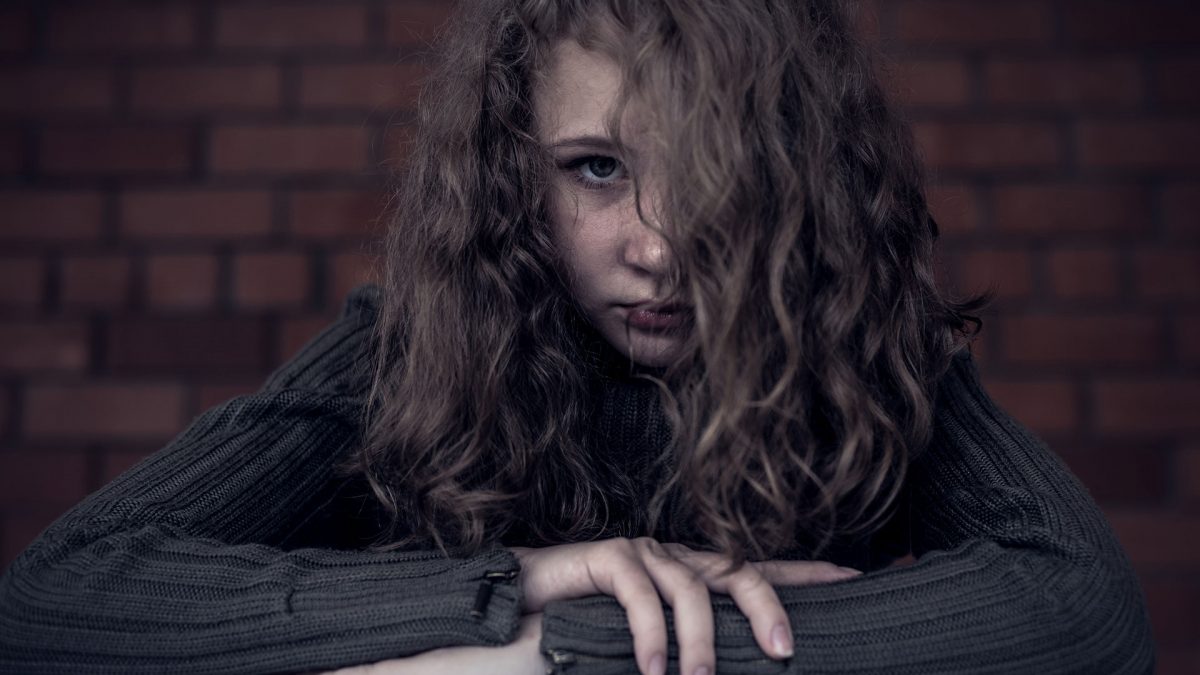
Great Online Learning Tools and Activities for Your Kids During COVID 19
April 1, 2020
DIAGNOSING AND MANAGING AUTISM
June 23, 2020The Domestic Violence Dilemma

In 2015, more than 1,600 children died from domestic violence. Furthermore, it is estimated 2,500 women are killed each year by their partners. I can only imagine the nightmares and guilt the children who have witnessed the loss of a parent may carry. So often, it is the open emotional wounds that are never mended.
Most recently it has been estimated over 4,000,000 U.S. women are attacked by their partners each year. Clearly, the thread of violence is woven into the fabric of our families; yet, the impact on our youth may be silently carried over through tears, anger, inability to trust, a need for escape through drugs, and so much more.
On an intellectual level, everyone knows they should remove themselves from abusive situations, but broken hearts often guide much of our behavior. At times, individuals find themselves re-entering a destructive relationship when their emotions overtake their judgement. One may even minimize the impact violence has on their children due to economic benefit. I hear this all too often in my clinical practice.
Most recently it has been estimated over 4,000,000 U.S. women are attacked by their partners each year. Clearly, the thread of violence is woven into the fabric of our families; yet, the impact on our youth may be silently carried over through tears, anger, inability to trust, a need for escape through drugs, and so much more.
On an intellectual level, everyone knows they should remove themselves from abusive situations, but broken hearts often guide much of our behavior. At times, individuals find themselves re-entering a destructive relationship when their emotions overtake their judgement. One may even minimize the impact violence has on their children due to economic benefit. I hear this all too often in my clinical practice.

It is easy to see how bullying, peer-fighting, and name-calling may negatively impact a child; but newer research strongly emphasizes when children witness domestic violence, it plays a much more significant contribution to emotional, educational, and economic performance. Research in this decade has shown it may even lead to Dissociative Identity Disorder (Multiple Personality Disorder), as seen in the movie Sybil, etc.
Higher rates of future substance abuse, depression, disturbed romantic relationships, and academic underachievement are strongly tethered to witnessing domestic violence. Remember, these are the relationships our children apply as templates for their future.
Sometimes, when you are climbing a mountain in life, you are so close to the mountain you don’t see the crumbling rocks along the way. I always like to educate individuals about Coercive Controlling Violence (CCV). CCV is a pattern of emotionally abusive intimidations, coercion, and control coupled with physical violence. When you are with someone for a long time, one might begin to overlook an intimidating tone, or even economic coercion; but it is important to keep in mind, this is all too often a significant element of the cycle of violence.
If you don’t leave a destructive relationship for yourself, sometimes the best reason to let go of a toxic or abusive relationship is simply because your child is watching. Family generational wounds can be lasting. What is the generational impact you will have on your family?
Higher rates of future substance abuse, depression, disturbed romantic relationships, and academic underachievement are strongly tethered to witnessing domestic violence. Remember, these are the relationships our children apply as templates for their future.
Sometimes, when you are climbing a mountain in life, you are so close to the mountain you don’t see the crumbling rocks along the way. I always like to educate individuals about Coercive Controlling Violence (CCV). CCV is a pattern of emotionally abusive intimidations, coercion, and control coupled with physical violence. When you are with someone for a long time, one might begin to overlook an intimidating tone, or even economic coercion; but it is important to keep in mind, this is all too often a significant element of the cycle of violence.
If you don’t leave a destructive relationship for yourself, sometimes the best reason to let go of a toxic or abusive relationship is simply because your child is watching. Family generational wounds can be lasting. What is the generational impact you will have on your family?

